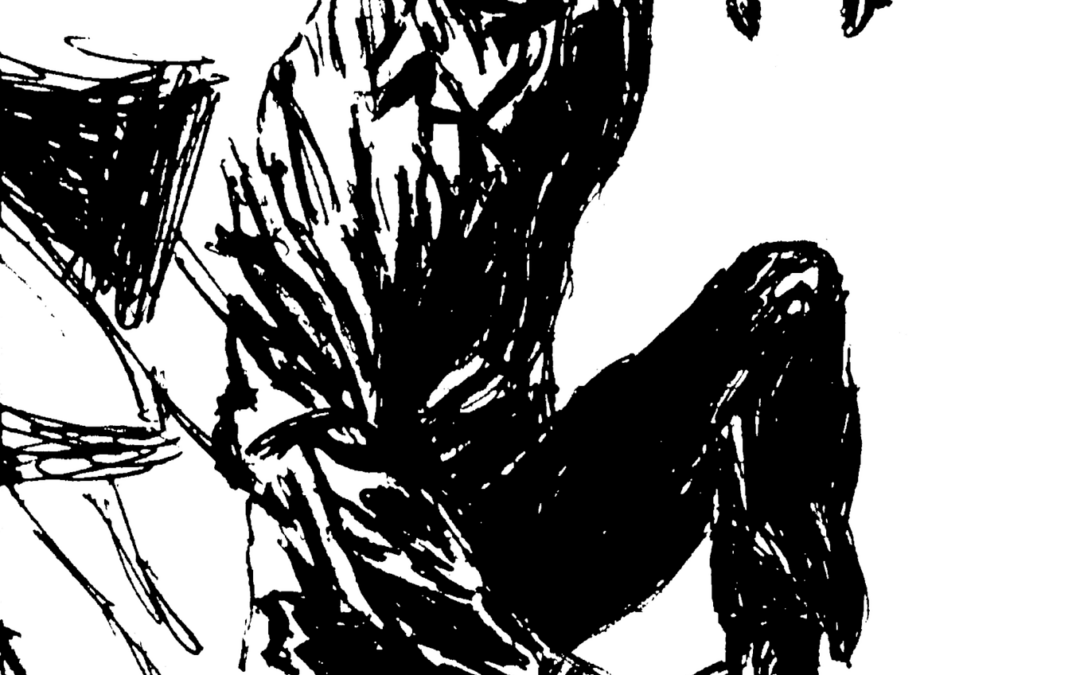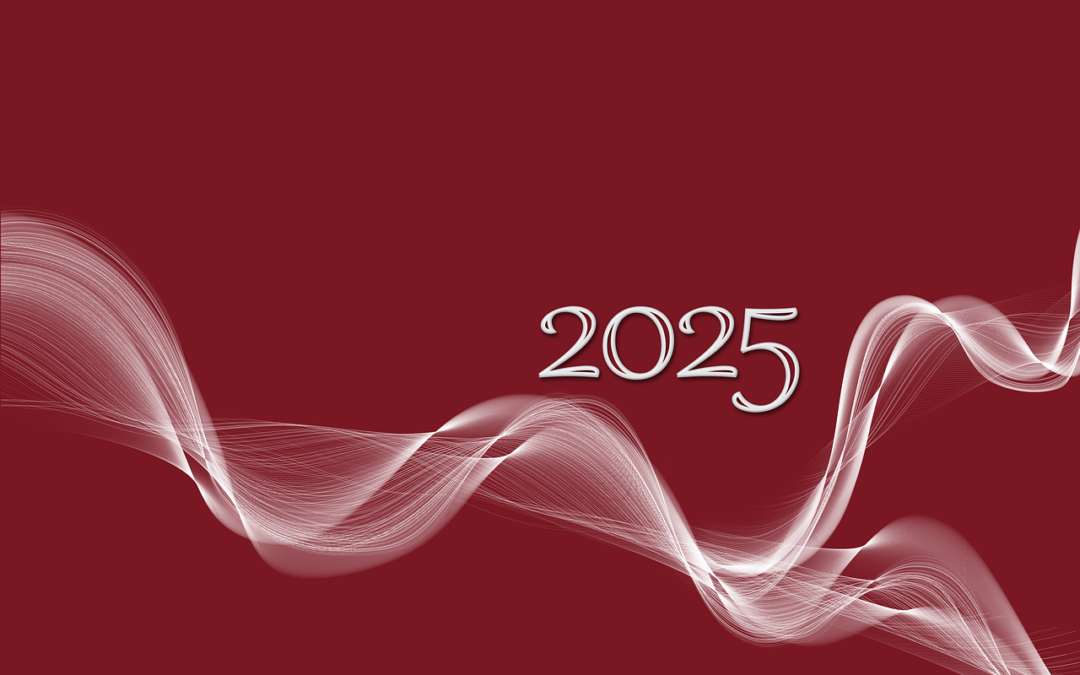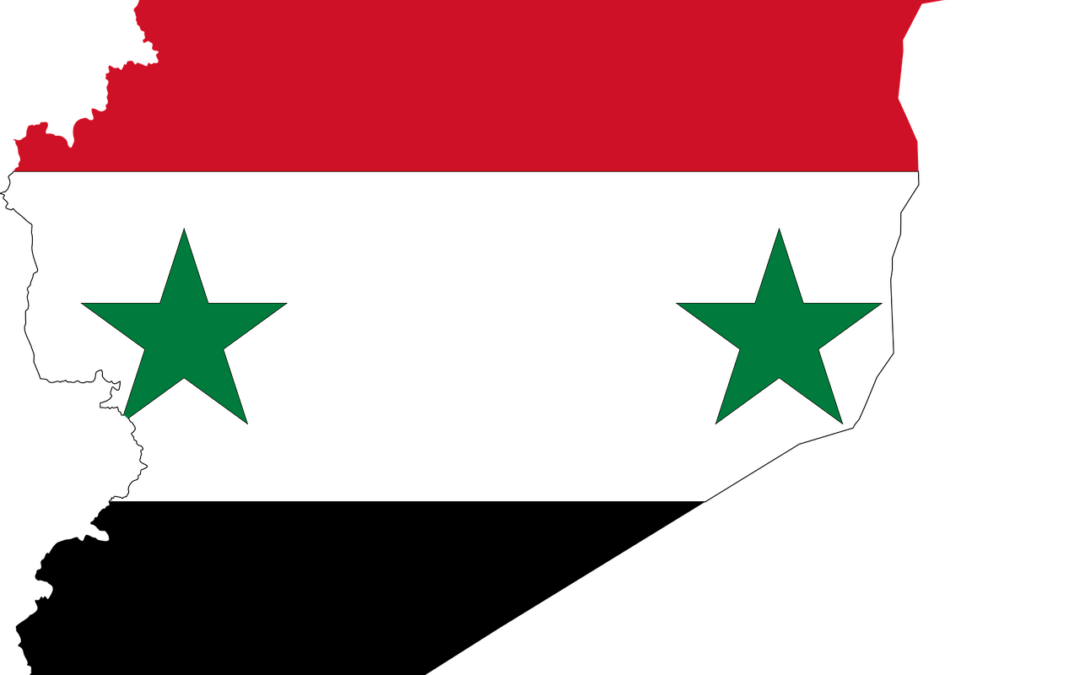
In a Right Fix in the mountains!
In a Right Fix in the mountains!
At first he had no idea where he was or what had happened to him. He tried to stand up but couldn’t. His left leg was in excruciating pain and he thought something was broken. He looked around but there was not much to see from where he was. Apparently, he was in the middle of a pine forest. He was clearly confused. He took off his backpack. He let out a sigh of relief when he saw his mobile phone peeking out of an open pocket in the pack.
He opened the phone and called his friend, Eric. But the call failed due to lack of signal. He felt depressed as he now had no chance of being rescued. What about the satellite navigation system? Would it work? He turned on ‘Google Maps’ and got a quick fix. But even though the satnav was working, he hadn’t downloaded the map of the walk beforehand. Damn! He was in a real bind now.
Then, he remembered where he was. He was on Mount San Gorgonio in southern California. Other memories came flooding back to him one after another. He was on vacation in California, where he had lived for over twenty years. He had returned to Ireland when Trump’s kangaroo courts began to unjustly incriminate politicians, television stations, newspapers, social media, journalists, and others. With that, Trump and his followers crossed a red line, because they did not adhere to the constitution of the United States of America. Micheál was not happy to stay in a country that contravened its democratic principles and whose government resembled a dictatorship.
But Micheál still had loyal friends in America, and that was why he was on the mountainside now. He had known Eric for almost 30 years, and they were very close. They had gone on road trips together to hike in the mountains of California. They had also traveled to Nepal, where they had hiked to Everest base camp. In fact, Eric was supposed to be on this hike too, but he got sick and couldn’t make it. Despite that, Micheál went on the hike – a decision he now regretted.
Normally, his wife would have known where he was and they would have been in touch all the time. But she was still in Ireland because she hadn’t come on this visit to America with Micheál. Although he had told her that Eric and he would be hiking together, he didn’t say what hike it would be. And when Eric texted him that he had fallen ill, Micheál didn’t tell him that he had intended to go on the hike anyway.
Did he have a broken bone? Maybe not. He felt his leg carefully. He had a bruised ankle, but everything else was fine. He had more than a liter of water left in his water bladder, and there were a few energy bars in a pocket in his backpack. There was an egg sandwich in another pocket. There was a first aid kit in yet another pocket in the bag, and he was very happy to see that. Maybe there would be something useful in it that would help him.
The bag contained mixed bandages, an emergency blanket, duct tape, ibuprofen, a pair of pliers, scissors, antiseptic ointment and moleskin. He took the ibuprofen immediately. Then, he made a splint for his leg. He wrapped bandages around his leg and ankle and then wrapped a large piece of duct tape around the bandages to keep everything in place. Luckily, he had hiking poles in his backpack. The ground was steep, and it was clear that he had fallen off the hiking trail. Micheál stayed where he was for a while. He ate an energy bar and drank some water in between. Finally, he tried to stand again and put his weight on his good leg and the hiking poles. He didn’t put his other foot on the ground, and he was able to keep his balance. He took a few slow steps, testing out the arrangement he had made. It was a little painful, but manageable. He took it one step at a time, slowly making his way up the slope. He saw a few small broken twigs on the trees, and he knew he was going in the right direction. Ten minutes later, he saw the hiking trail and it was a great relief. “I’ll be on my bike now, son!” Micheál said to himself. He was right, although it took him five long hours to reach his car. He didn’t meet anyone else along the way, either.
He kept his adventure to himself, because he was ashamed of what had happened. He promised himself to learn a lesson, so that it would never happen again. Ironically, he already knew the lesson, and he was quick to preach the same thing to other hikers. But you have to follow through on your words, and to that end, he wrote himself a checklist. From now on, he would never go on a hike without checking every item on that list. He was lucky to have survived this time, but he would make sure that it never happened again!
Appendix – Checklist
- Plan: Share your hiking plan with someone else (start time, route, return time).
- Supplies: Make sure you have enough food, water, clothing, and first aid kit. Don’t forget your hiking poles.
- Information: Research the routes, terrain, and weather conditions in advance. Download the map related to the hike, so that the app on your phone ('Google Maps', 'AllTrails', or similar) will show your location on the map when there is no phone signal.
- With your preparations made - enjoy the hike!









